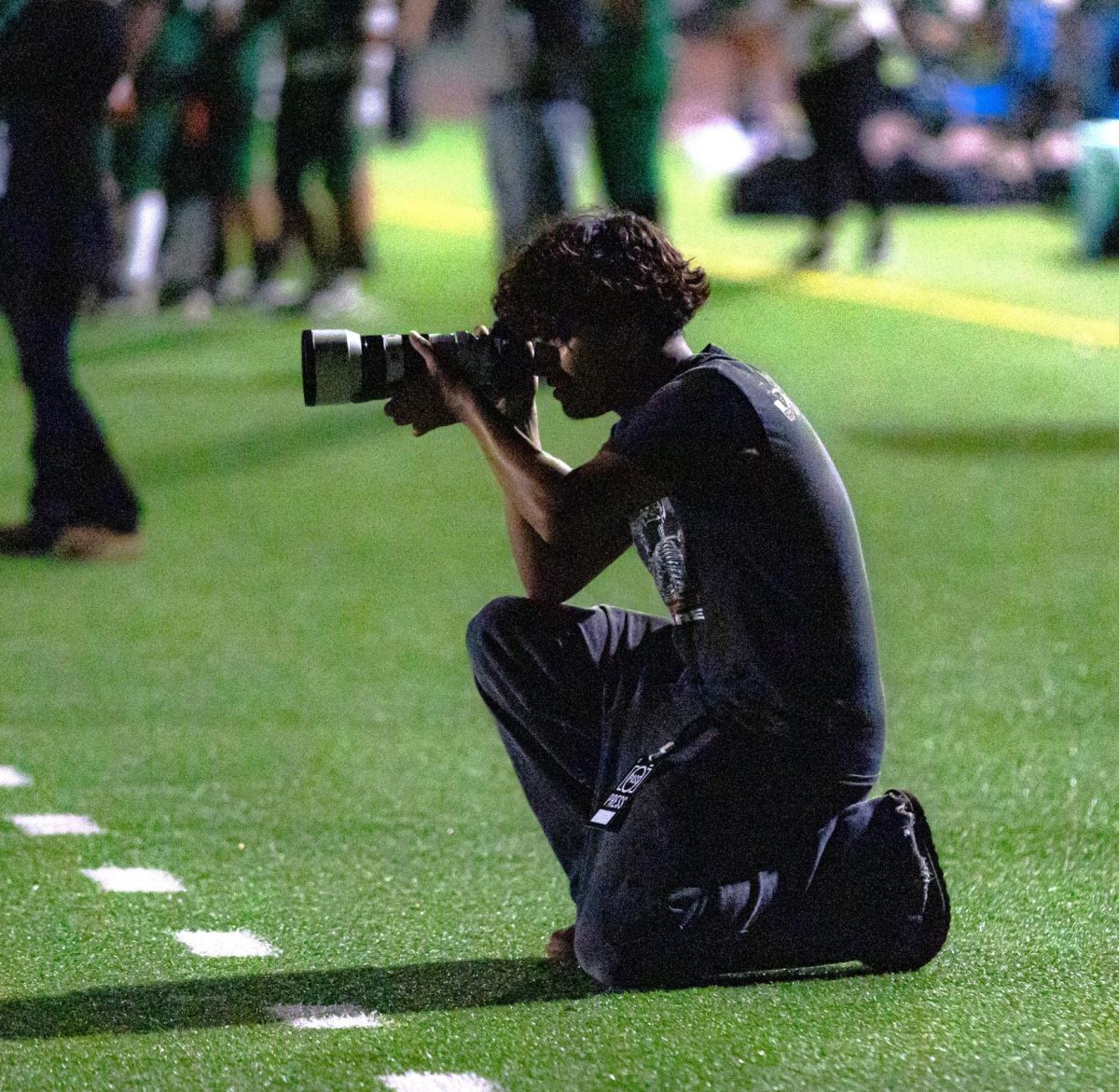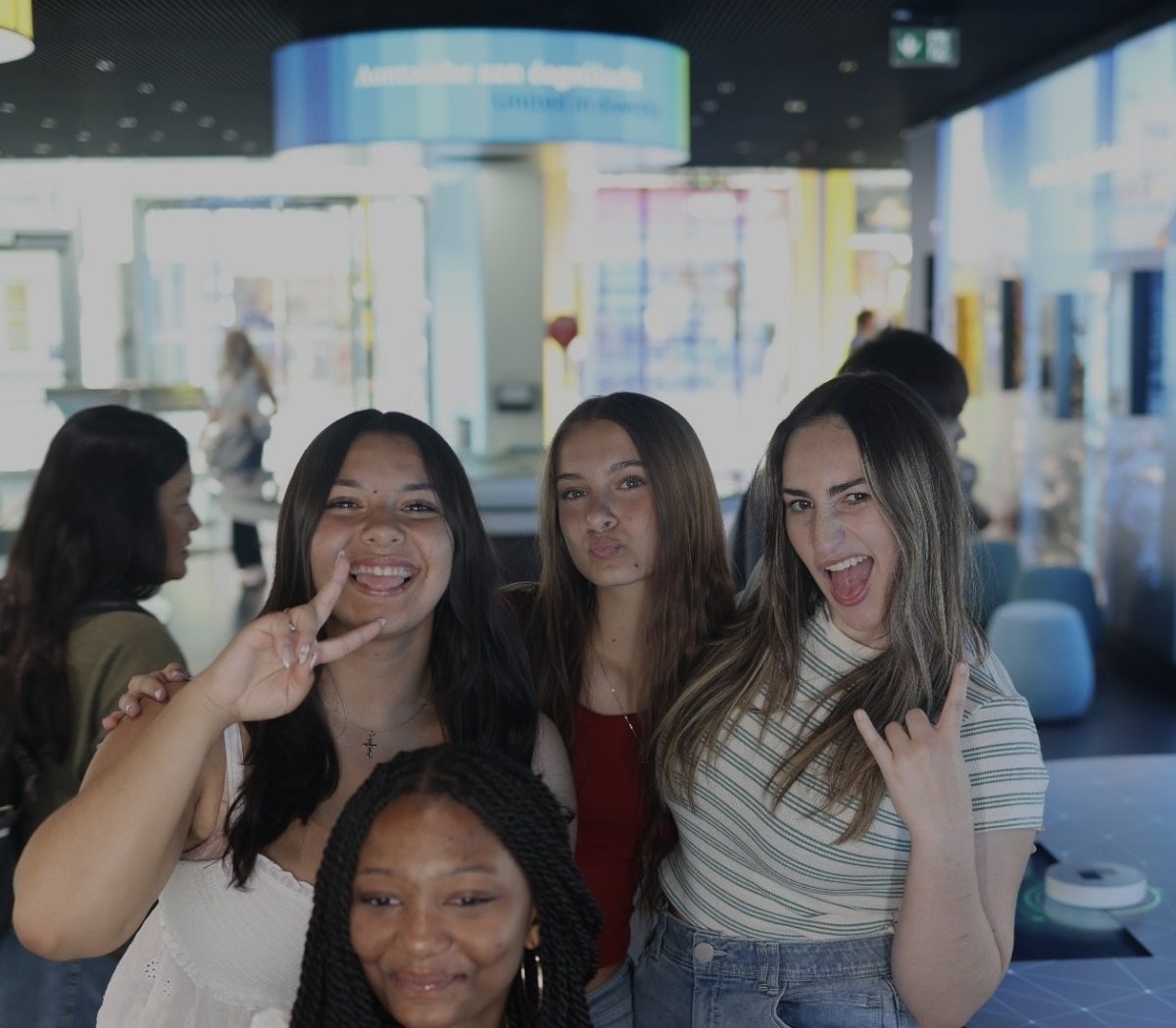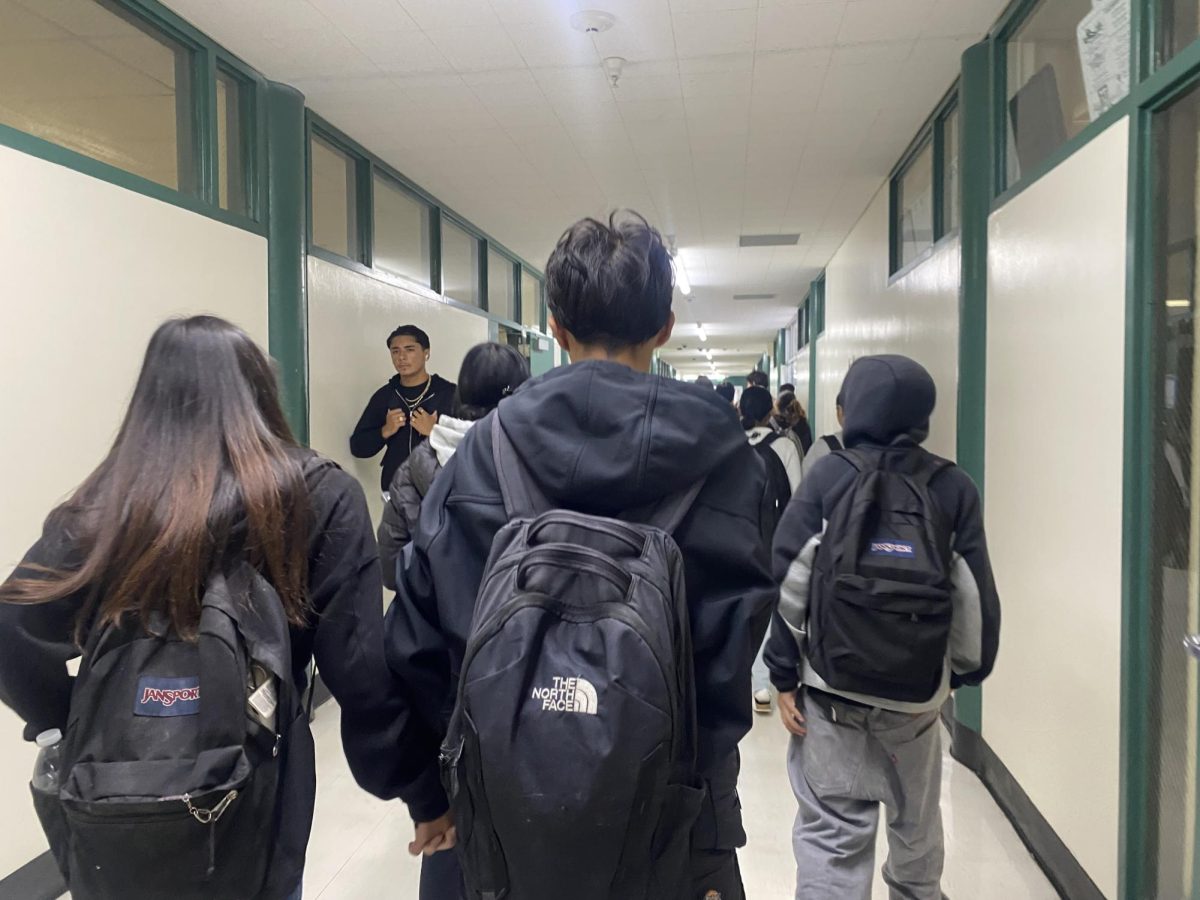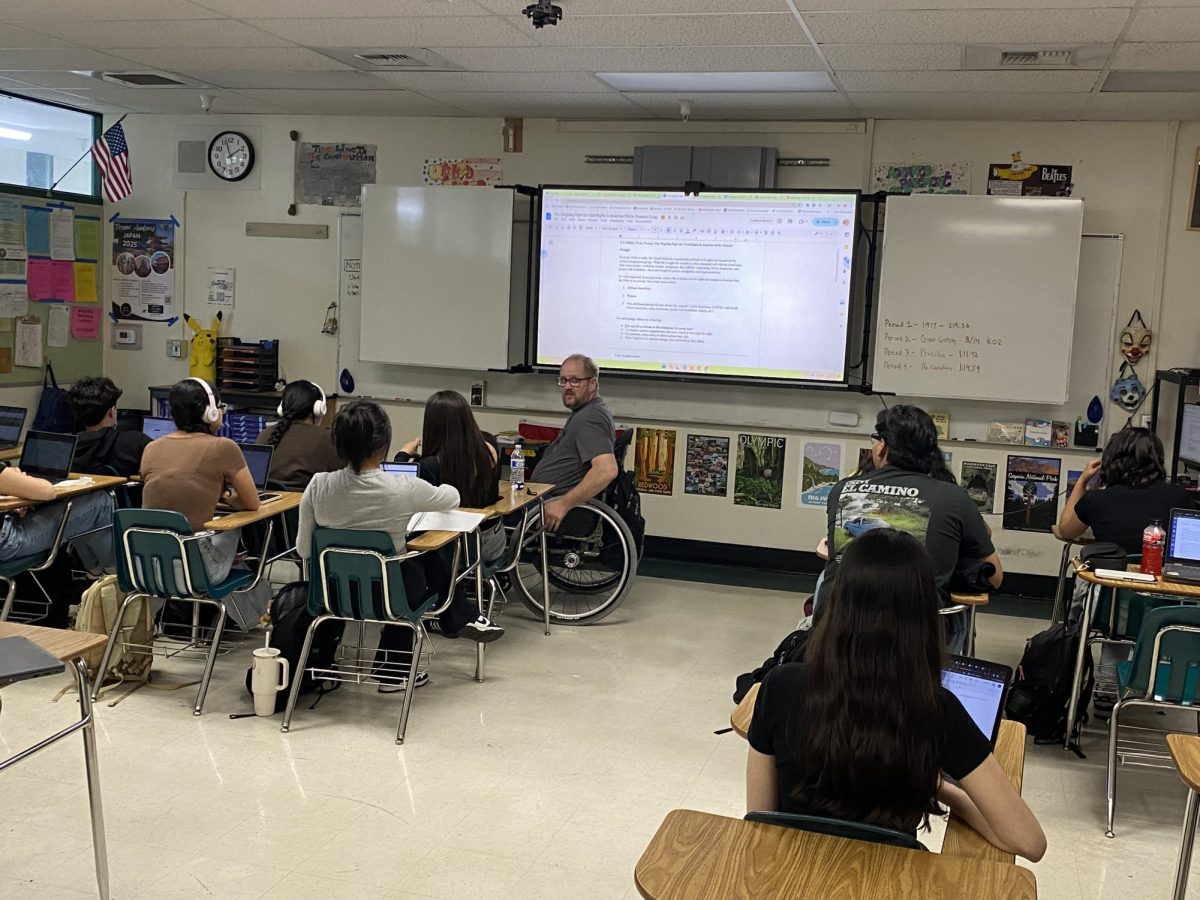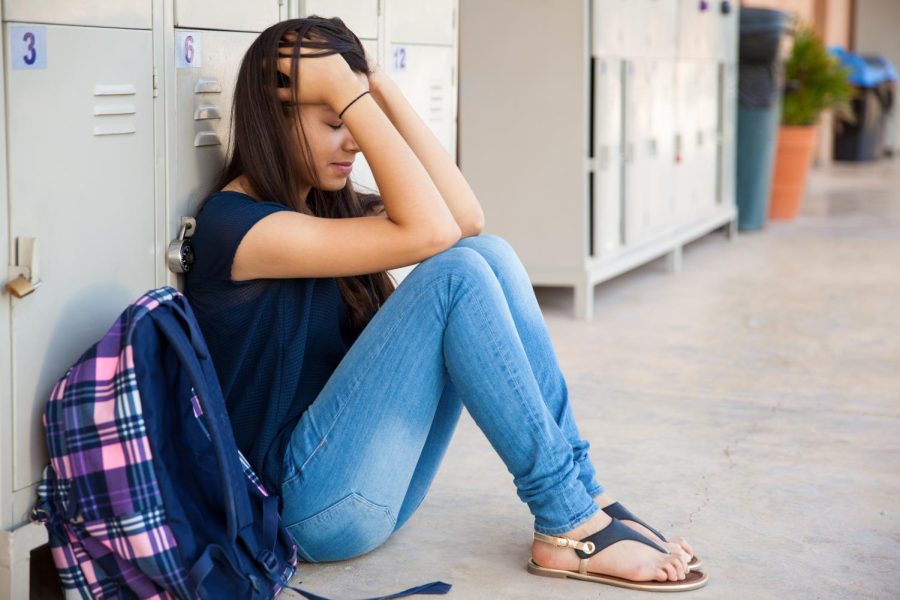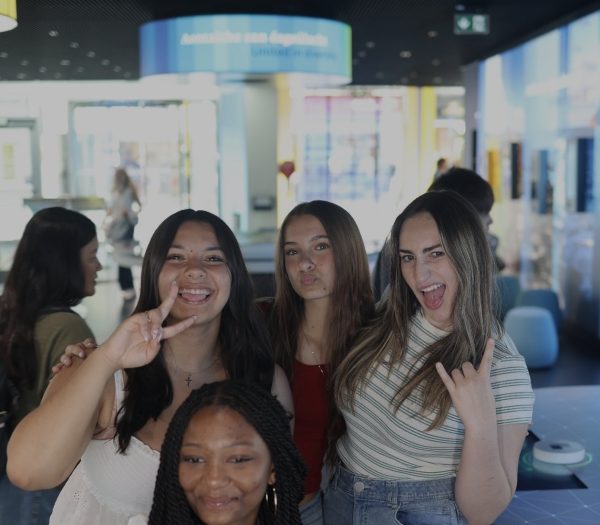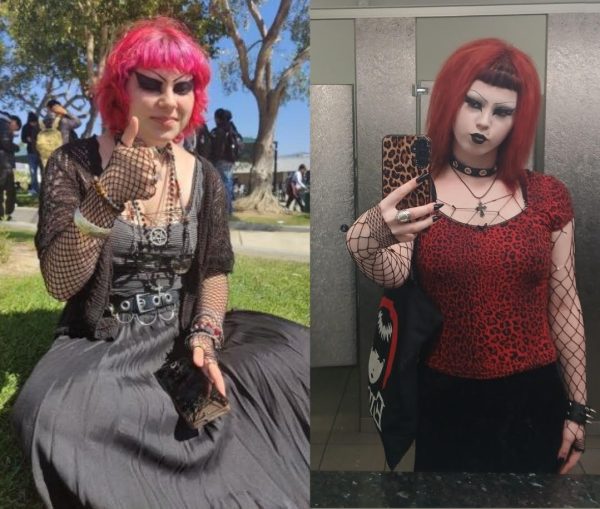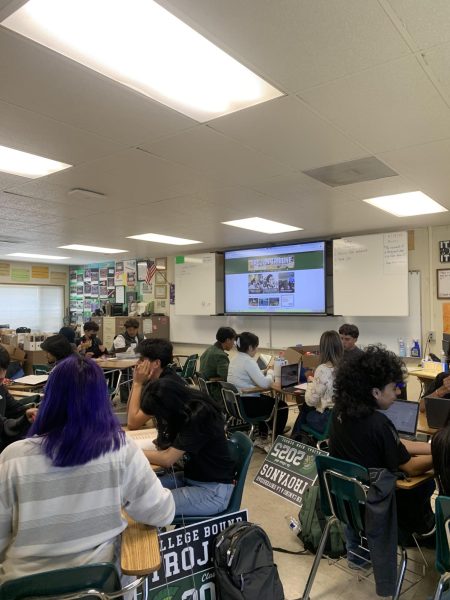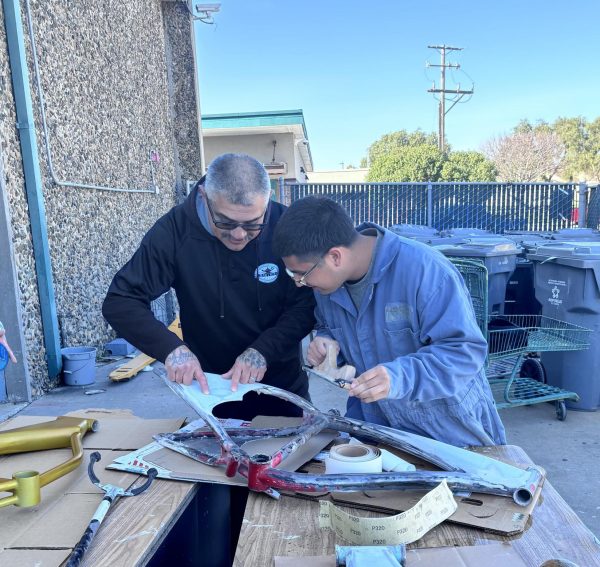Teen Sadness on the Rise
Mental health is a topic that over the last couple of years has gotten much more light and attention from the public. Thanks to social media platforms, like Tiktok and Instagram, people have learned to take mental health as the serious issue it is. Ultimately leaving people feeling more confident and comfortable when it comes to reaching out.
Though, there are certain factors that play a huge role when someone tries to reach out for help. Some of these factors include gender, ethnicity, sexuality, and now, our smartphones/technology. A survey conducted by The Trevor Project on LGBTQ mental health showed shocking numbers of mental health problems with members of the community.
Growing up in a Hispanic household what many children, both boys and girls (but mostly the boys), are told is nothing. When they feel sad or show any emotion, they’re put down and told to just grow up. This causes many children to not know how to properly deal with their emotions later on. Often leading up to mental health problems later on in their life.
“Boys don’t cry” is a phrase that some parents use to stop their child from crying. This phrase might not look like it has potential damage but it does. It starts teaching these young boys that they shouldn’t cry or feel any sort of emotion, aside from the only accepted emotion, anger. This creates a big conflict on the willingness of guys reaching out for help. Those who choose to reach out are sometimes told that they should just “grow up” and “man up”. Making them feel like their feelings aren’t validated, as they’ll just go away if they were to mature and “grow up”. “Many of my friends get told to man up and that he will be fine because he is male” a student who prefers to remain anonymous said. Showing us the still existing gender roles in our society.
On the other hand, women are deemed much more emotional and expressing their emotions is seen as normal and is much more accepted. Though, it doesn’t mean that some don’t get told that they’re just being over dramatic or that it’s “that time of the month”.
An informal survey of 303 people conducted on mental health and how it affects Alisal students, showed that 15% of students felt like their gender interfered with their ability to reach out for help. Most for the fear of being judged or because it doesn’t live up to the expectation of their gender. Women are often viewed as being weak and dramatic making it hard for them to be taken seriously when they reach out for help. “Girls tend to be overlooked as dramatic,” Melissa Zavala said.
Technology, or to be specific our smartphones, have made it easier for people to reach out for help or just learn more about the mental illness they suffer from. This could be done through the use of various apps for example Instagram and Tiktok. But sometimes the amount of information available causes people to self diagnose with something they don’t have. In an article titled “Self-diagnosis in a digital world” the topic of self-diagnosis is talked about. “A couple of his clients initially self-diagnosed because they identified with a particular trait of a disorder,” Tristan Collazo, a licensed resident in counseling, said.
When scrolling through Instagram, there are a lot of mental health awareness posts. Many of these posts are reposted by the users in order to promote mental health awareness. This brings up the levels of mental health awareness available for the app users. Some of these posts include motivating phrases or certain phrases that remind the users to “breathe” and just take a break off social media.
According to a study conducted by the CDC titled, “Mental Health Among Adolescents,” there was an increase of 40% of teens experiencing persistent feelings of sadness and hopelessness. But this mostly affected those who were already suffering before the pandemic. Alisal students seem to also be affected by the pandemic. According to our informal survey about mental health and how it affects Alisal students, 48.1% of students felt as if the pandemic affected their mental health and many of it had to do with the isolation everyone was experiencing. “It made me feel very isolated and fall into many depressive episodes,” Kaylee Garcia said.
With the isolation came losing friends. “Lost a few friends and it was a hard time in life,” Andres Fuentes Diaz said. This seems to be a shared experience among many students but on the other hand many made online friends, which isn’t the safest option but our world had gone virtual overnight so we all had to adapt to the circumstances. Some got closer with their families while others wished they didn’t have that much time to spend with them. “I had to get used to being around my family, which was not very fun,” Mireya Reyes said. “We have lots of conflicts and my family is very closed minded.”
The issue many students with Hispanic parents deal with is feeling like their feelings aren’t being validated by their parents. “I feel like I can’t really open up to my parents because they’ll say that it’s not real or to get over it,” Maritza Ramierz said. Many Hispanic parents come from a belief that mental health is an issue of getting over it and just moving on. This makes them not be able to understand their child and leaves the children feeling alone and hopeless.
Though social media, and in a way society as a whole, has learned to become more accepting, there are still a lot of people who simply refuse to accept people for who they are. If the lack of acceptance comes from within one’s family, it causes greater damage to the person
Some members of the LGBTQ+ community feel the lack of support from within their family. Or from people they surround themselves with. They feel alone and don’t feel like they can reach out for help and receive the adequate help they need. A study conducted by The Trevor Project titled,” 2022 National Survey on LGBTQ Youth Mental Health” states that “45% of LGBTQ youth seriously considered attempting suicide in the past year.” The colored members of the LGBTQ+ community have a higher rate of suicide attempt in comparison to whites.
Over the years, mental health stats haven’t gotten any better, but the help available for those suffering is increasing and it is becoming more apparent. If you, or anyone around you is suffering, get help. Help them by reaching out for help for them and letting them know they aren’t alone. If you’re the one suffering, it’s okay.If it ever feels like it’s too much to deal with alone, reach out for help. There are 7.888 BILLION people on this planet. You aren’t alone, we’re all in the same boat.
If you ever feel in need to talk to someone because of recurring thoughts, please contact 988, the National Suicide Crisis Hotline. If you want to speak to someone locally contact NAMI Monterey County at 1-877-663-5433.
Your donation will support the student journalists of Alisal High School. Your contribution will allow us to purchase equipment and cover our annual website hosting costs.

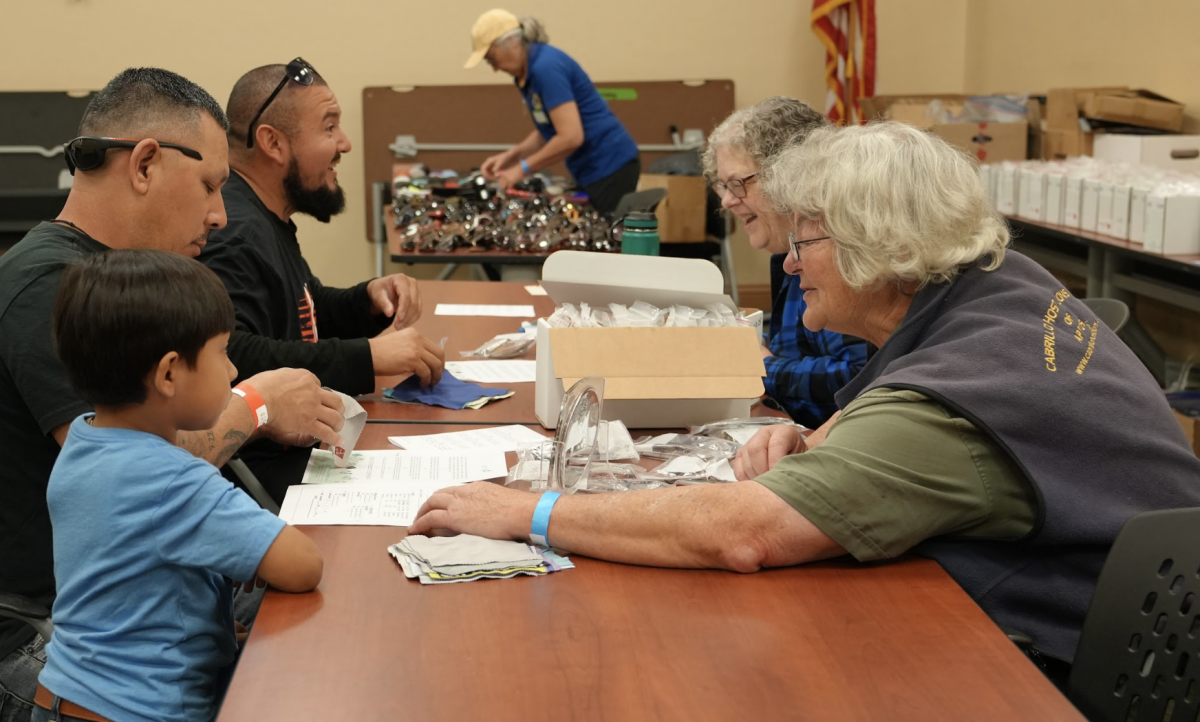
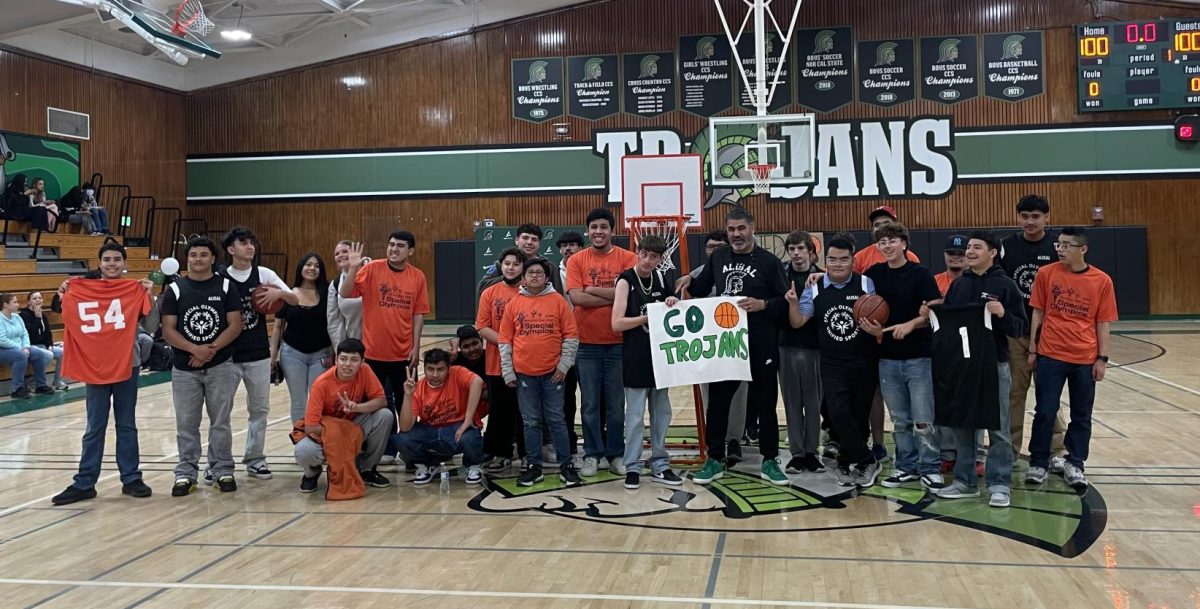


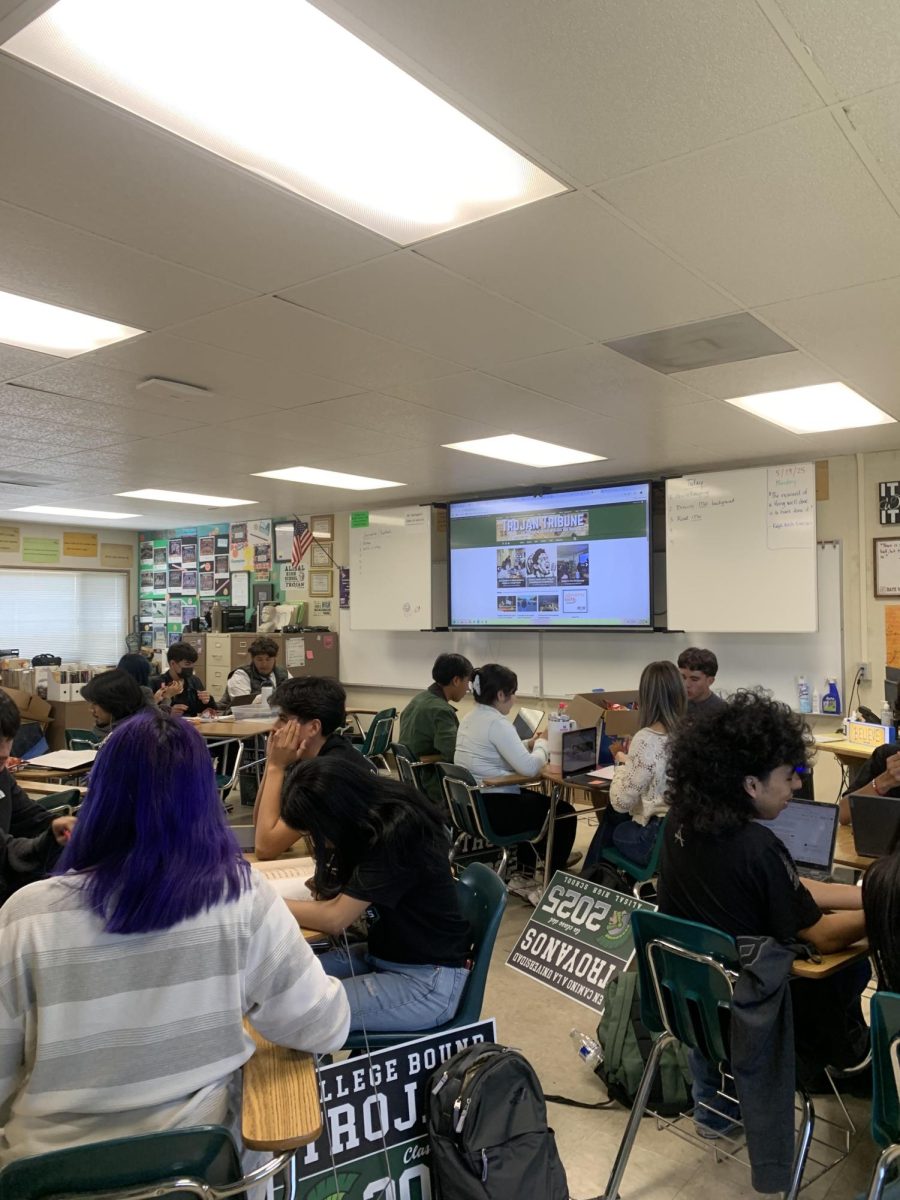
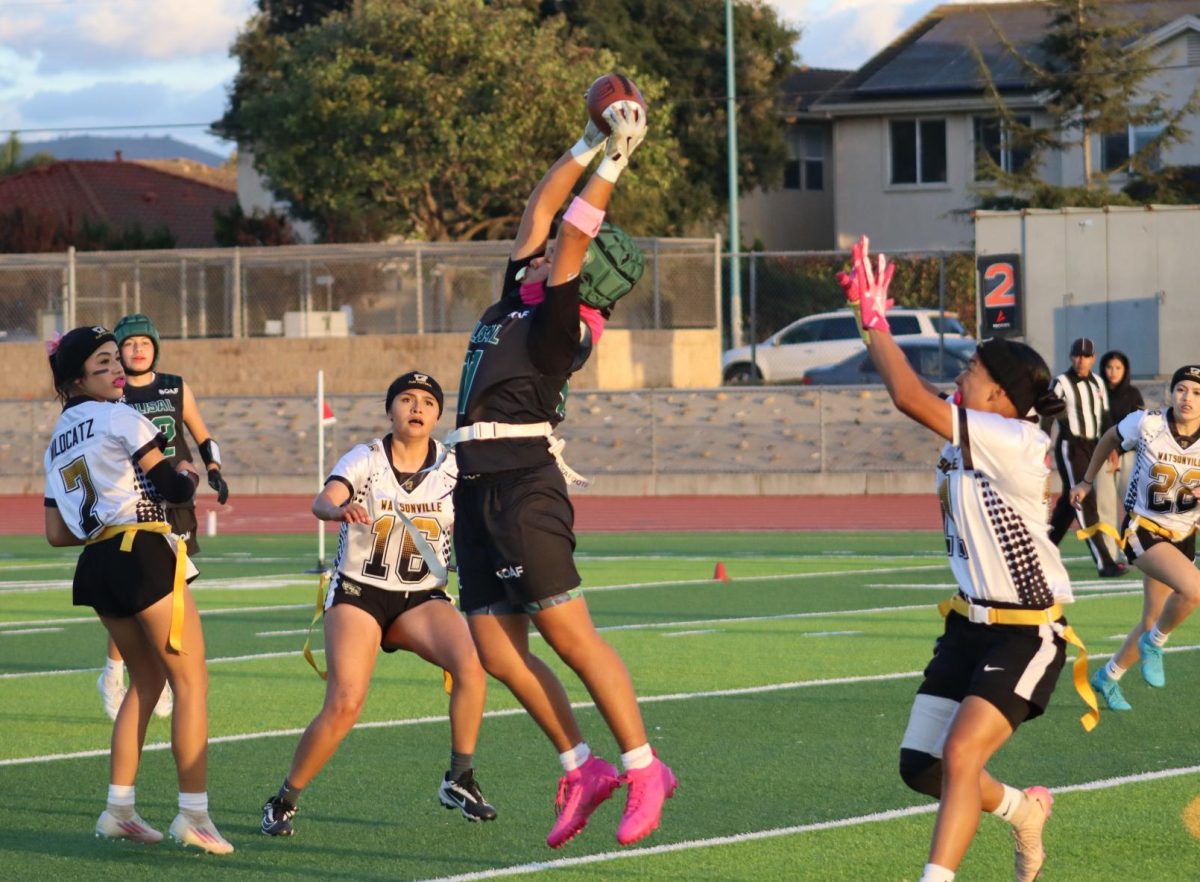
![Senior Jayden Duarte dives across the goal line for one of his five touchdowns in a dominant 62-40 victory over Monterey. It has been a highly successful season for Duarte, and he credits his coaches for putting him in positions to succeed and make key plays. “The goal is to help wherever the coaches need me, receiver, running back, [and] DB,” he said.](https://alisaltrojantribune.com/wp-content/uploads/2025/10/IMG_3599-2-1200x800.jpg)




